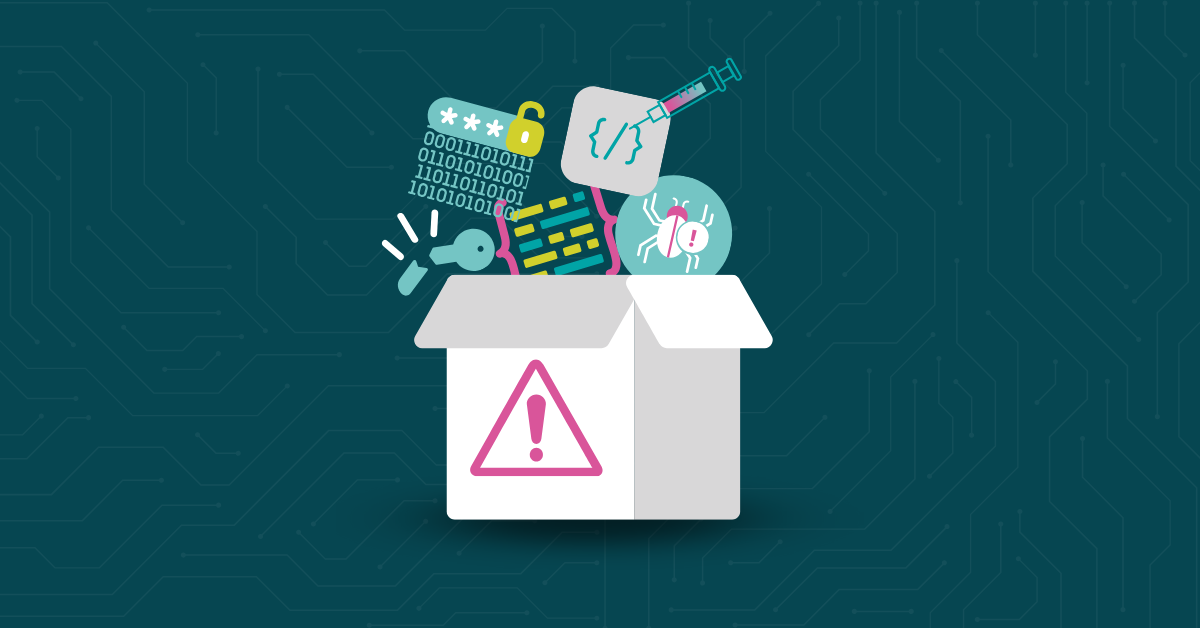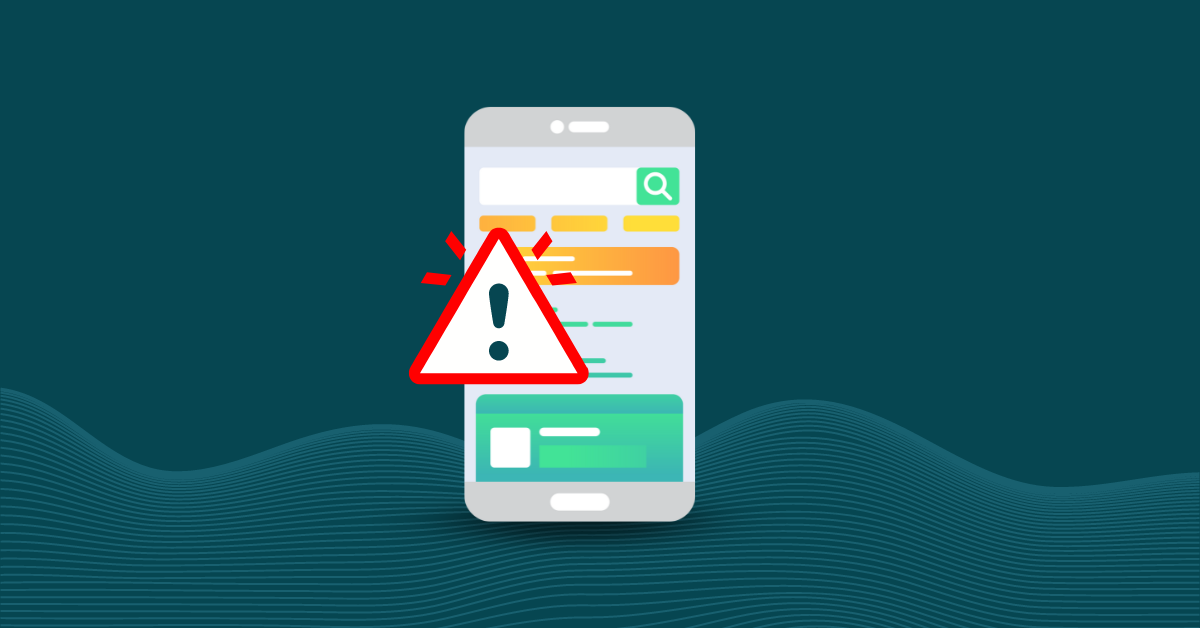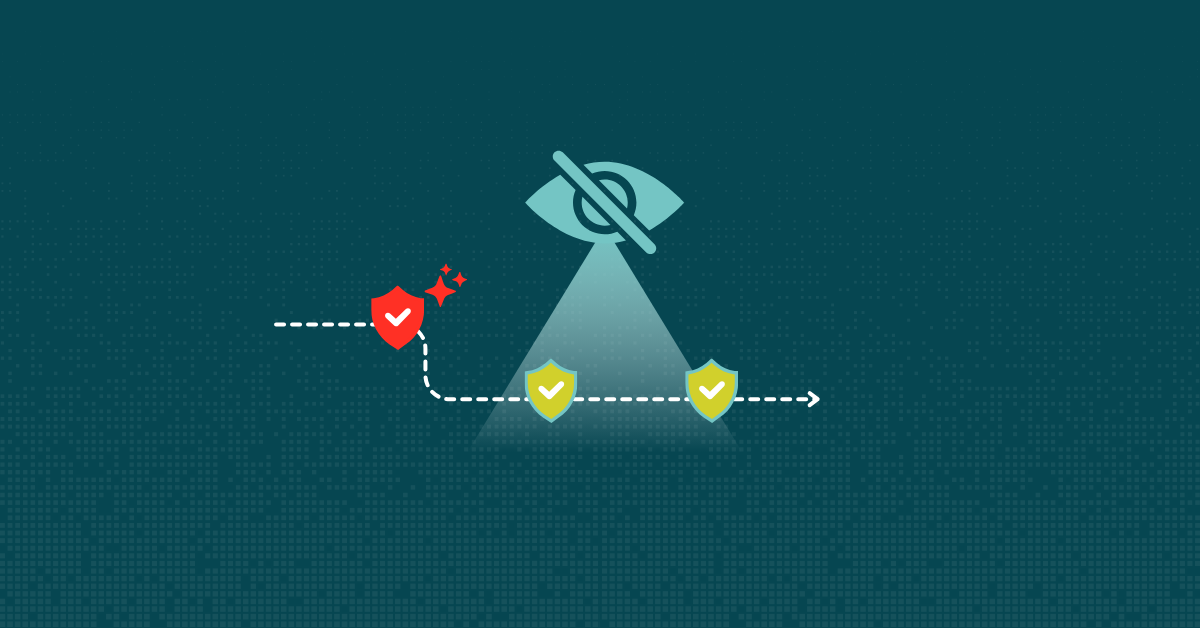

Mobile apps have become a prime target for attackers, with Vanson Bourne reporting that almost 90% of developers experienced a breach in the past year. However, there’s still a significant gap between developers’ confidence in their security measures and the actual incidence of security breaches. Although developers have more security tools than ever, they aren’t taking full advantage of them, leaving their applications exposed and vulnerable. Many developers believe their designs are secure enough and that operating system (OS) level protections will protect their apps.
Unfortunately—as the numbers show—this confidence is misplaced. Security breaches in mobile apps are shockingly common, a statistic that should come as no surprise given the expansive attack surface associated with the number of endpoints, platforms, and phishing avenues in mobile devices. While OS protections should be used, they’re rarely adequate protection alone. Mobile app breaches often exploit vulnerabilities that bypass OS security, such as:
Even experienced developers commonly believe that if an app runs on a “secure” platform such as iOS, they don’t need to implement further security measures. Because of this misconception, developers rush forward with app development without seriously considering security measures. However, the resulting apps can have serious security lapses, leaving them vulnerable to data breaches, malware insertions, and unauthorized access.
While mobile app developers can fall into the trap of considering security to be someone else’s job, the cost of a data breach is severe—just under five million dollars globally and even higher in the US.
This includes direct expenses related to a breach, such as forensic investigations, lost revenue from interrupted business operations, fees, and regulatory fines, as well as indirect costs, such as remediation efforts and stronger security measures after the breach.
Security breaches can also cause systems to go offline for investigation and recovery. This disruption interferes with service delivery and can bring business operations to a screeching halt for an extended period as businesses divert resources to repair the breach.
In addition to the financial and operational consequences, security incidents can cause long-term reputational damage. People are increasingly concerned with data privacy. Data loss that includes sensitive customer information erodes trust. Customers will be wary of using the affected app in the future and may have negative associations with the entire brand.
Getting to market first gives developers an undeniable competitive advantage. In many cases, the first to market gains the lion’s share for decades. This advantage can tempt developers to skimp on security measures and take on technical debt to release first.
Thorough security measures can slow the development process and delay release dates. The pressure to quickly deliver apps can lead developers to prioritize features and speed over comprehensive security. Although most plan to address security issues after deployment, the “bolt-on” approach to security doesn’t work.
Another complicating factor is how fast apps are updated. People clamor for new features, so developers continually add them to stay relevant. These frequent updates can compromise an app’s security if they aren’t handled carefully before they’re pushed to the codebase. This rapid cycle can sideline security improvements in favor of flashier features and marketable improvements.
Neglecting security exposes organizations to unacceptable risks, whether due to a lack of time, limited budget, or expertise.
Application security should be considered everyone’s responsibility. The only way to effectively secure mobile apps is to take a comprehensive, multi-layered approach and build in redundancies.
This strategy protects against failures on multiple fronts. Even if one layer is compromised, additional layers of security protect the app and its data. This perimeter-less approach includes:
Application hardening platforms provide developers with advanced security features beyond the scope of in-house development teams, whether due to time or expertise constraints. Static application security testing (SAST) and software composition analysis (SCA) can scan even today’s massive enterprise codebases to root out and remedy bugs, security vulnerabilities, and poor-quality code.
DevSecOps isn’t new, but it is often overlooked in the mobile app development environment. Security should be included in every development phase, from design to deployment.
This shift-left approach lets teams address security flaws early in the software development lifecycle (SDLC). When risks are mitigated early, they are often not deployed with the app. To effectively adopt these strategies, the organization must embrace security as a foundational value. If management pushes speed over security, the hands-on team won’t be able to prioritize security over speed. A proactive approach is better in the long run since it reduces risk exposure and improves the app’s reliability and trustworthiness.
In addition to protecting a business from mobile app breach risks, developing a robust and mature security posture provides a competitive advantage. According to a study by Deloitte, 60% of consumers are worried that their mobile apps are vulnerable to attacks. Improving mobile app security can be a differentiator in today’s market.
With laws like the California Consumer Privacy Act (CCPA) on the books and more states likely to follow suit, mobile solid app security will soon be a requirement rather than a bonus. Organizations that take a proactive approach will be well-positioned once new regulations pass.
Kiuwan’s tools allow developers to create secure applications without slowing development time. Our application security tools automatically scan code and produce a customizable action plan based on your priorities. Automated code reviews are significantly faster and more insightful than human code reviews. Developers can focus on more creative and less tedious tasks than humans can handle. Contact us today and request a free demo.


